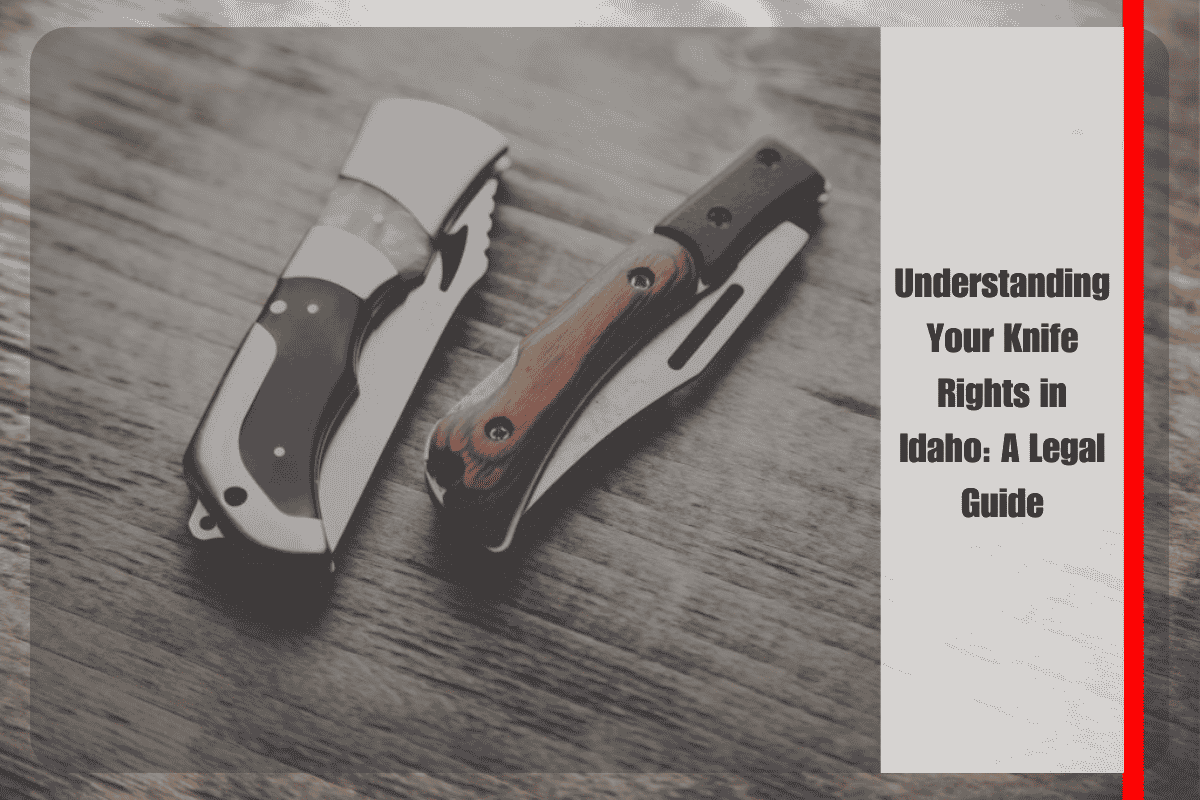Here is a legal guide for understanding knife rights in Idaho as of 2025:
- Idaho generally has permissive knife laws, allowing ownership and carrying of most types of knives without specific bans on knife types.
- There are no statewide restrictions on the open carry of knives regardless of size or type. Concealed carry of knives is also allowed, but carrying a knife with the intent to cause harm or use unlawfully against another person is a crime.
- Knives with blades up to 6 inches in length are not classified as deadly weapons and have fewer restrictions. Knives over 6 inches have some additional restrictions.
- Knives longer than 2.5 inches are prohibited on school property.
- Certain restricted classes of people, such as minors, non-citizens, felons, and the mentally ill, may face limitations on concealed carry.
- Idaho enacted a Knife Law Preemption law effective July 1, 2024, which prevents local governments from enacting knife regulations more restrictive than state law. This ensures uniform knife laws across the state and protects law-abiding citizens from confusing local ordinances.
- Law enforcement officers and military personnel may have exceptions for carrying knives depending on their duties.
- Violations of Idaho knife laws can result in legal penalties, particularly if a knife is carried with unlawful intent or in prohibited locations.
Idaho’s knife laws prioritize freedom of knife ownership and carry with important caveats related to intent, blade length, location restrictions (like schools), and legal status of the bearer. The 2024 preemption law enhances clarity and consistency by preventing conflicting local knife ordinances.
Residents and visitors should understand these key points to ensure compliance with Idaho knife laws and avoid potential legal issues.












